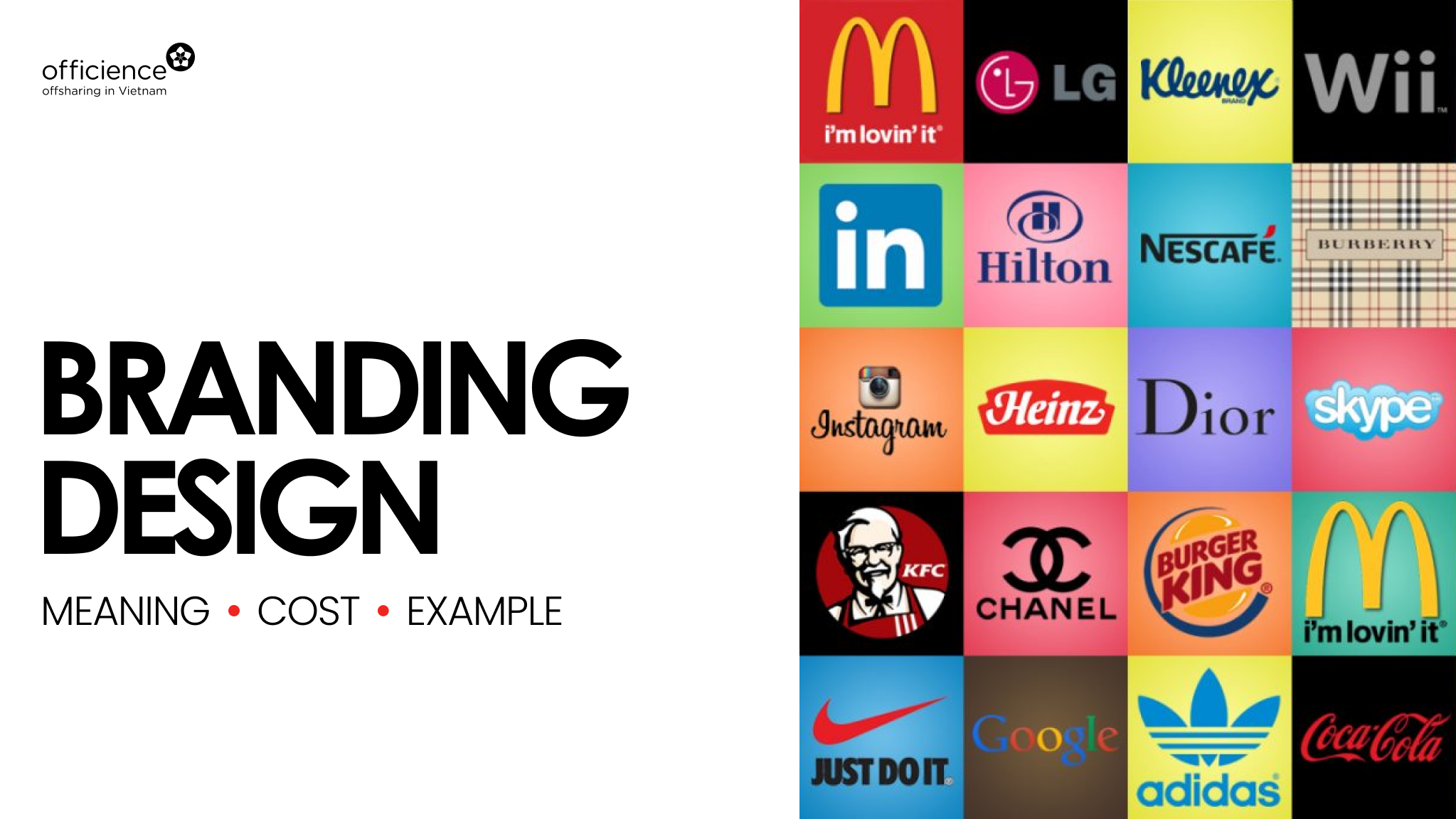Why Durable Branding Is Necessary for Market Management
A well-defined brand name identity not just sets a firm apart from its competitors however also grows count on and emotional links with consumers. What are the specific approaches that can raise a brand to this well-regarded condition?
Understanding Brand Identification
Regularly recognizing the relevance of brand identification is important for any kind of organization aiming to accomplish market management. Brand identification encompasses the visual components, messaging, and general assumption that distinguish a business from its rivals. It serves as a structure for exactly how customers interact and view with a brand name, playing an important role in shaping their experiences and expectations.
A distinct brand name identification communicates the core worths and mission of a company, developing a psychological link with its target audience. Elements such as logos, color pattern, typography, and tone of voice should line up cohesively to share a regular message across all platforms. This consistency strengthens brand name acknowledgment and cultivates consumer commitment.
Organizations that prioritize a strong brand name identification can successfully distinguish themselves, develop a positive reputation, and grow a dedicated consumer base. Inevitably, a robust brand identification is crucial for browsing competitive landscapes and sustaining lasting success.
Structure Client Trust
A solid brand name identity lays the groundwork for constructing consumer trust, a vital element in accomplishing market management. Depend on is not merely a psychological action; it is a tactical asset that can significantly affect purchasing choices and brand commitment. Business that grow transparency, reliability, and uniformity in their messaging and actions cultivate a complacency amongst consumers.
To build this trust fund, brands have to provide on their promises. This suggests guaranteeing that item high quality fulfills client assumptions and that solution experiences are positive and receptive. Moreover, constant interaction strengthens reliability; when clients recognize what to expect which their worries will certainly be attended to, their confidence in the brand grows.
Social evidence also plays an essential duty in establishing trust fund. Favorable testimonials, testimonials, and recommendations from reliable sources enhance a brand name's reputation and can guide potential consumers. Additionally, involving with clients through social systems and addressing their worries openly shows liability and dedication.
Differentiation in Open Markets
In today's crowded marketplace, differentiation is important for brands seeking to stand apart and capture consumer attention. With countless options available, customers are often overloaded, making it important for brands to establish an unique identification that reverberates with their target market. This differentiation can manifest through various components, consisting of item functions, pricing strategies, customer solution, and brand name messaging.
Efficient differentiation involves not only recognizing what makes a brand name special however also communicating these differences plainly and constantly. Brands must articulate their value proposition in a manner that addresses particular consumer demands and preferences. A company might focus on sustainability, innovative innovation, or personalized consumer experiences to carve out a particular niche in a competitive landscape.
Moreover, brands ought to consistently evaluate their affordable atmosphere to adjust and fine-tune their distinction techniques. This aggressive technique ensures that they stay enticing and relevant to consumers as market characteristics evolve. Eventually, robust branding that highlights distinction not only promotes brand name loyalty however additionally positions a company as a leader in its market, leading the way for continual development and market dominance.
Psychological Links With Consumers
Psychological links offer as a powerful catalyst in building long-term connections in between brand names and consumers. It promotes commitment that goes beyond simple transactional interactions when consumers resonate with a brand on an emotional level. Brands that successfully stimulate feelings-- whether via narration, shared worths, or authentic interaction-- produce a sense of belonging for their customers.
These emotional connections can significantly affect acquiring choices, as customers are commonly driven by sensations instead than logic. A brand that aligns with consumers' desires or addresses their discomfort points can cultivate an ingrained loyalty that leads to duplicate service and positive word-of-mouth referrals.
Moreover, psychological branding enables business to differentiate themselves in crowded markets. By touching into the sentiments of their target market, brands can sculpt out a special identity that reverberates deeply, useful link making them remarkable and liked over competitors.
In an age where customers are pounded with choices, a solid emotional link can be the choosing factor in brand name preference. Hence, focusing on emotional interaction is not merely a marketing method; it is a critical imperative for brand names looking for to establish significant connections and enhance client retention.
Long-Term Organization Success
Lasting business growth depends upon the capability to grow robust branding methods that resonate with consumers with time. A strong brand name not only separates a company from its rivals yet likewise cultivates loyalty and trust fund among clients. This lasting connection is important for making certain repeat business, which dramatically adds to earnings stability and development.
In an increasingly competitive industry, brands that interact a consistent and clear message are most likely to flourish. This uniformity enhances brand identity, making it much easier for customers to select the brand name and remember over others. Robust Branding. Therefore, a reputable brand can adapt to market modifications without shedding its core significance, permitting innovation without pushing away devoted consumers
In addition, robust branding produces a system for consumer involvement, whereby businesses can gather feedback and adjust their offerings accordingly. This repetitive procedure not just boosts consumer complete satisfaction but also builds a community around the brand, cultivating a feeling of belonging.
Verdict

Organizations that prioritize a strong brand identification can successfully distinguish themselves, build a favorable track record, and cultivate a dedicated client base.A solid brand identification lays the groundwork for constructing this article client trust, a vital element in accomplishing market leadership. A strong brand name not only differentiates a firm from its competitors however additionally promotes commitment and trust fund among clients. As an outcome, a well-established brand name can adjust to market changes without losing its core significance, allowing for development without estranging loyal customers.
